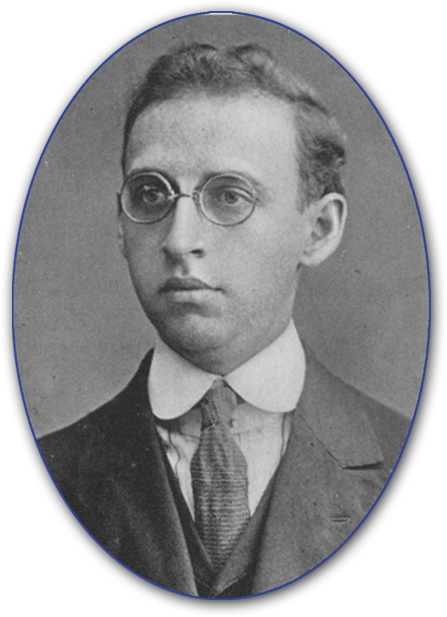
Dr. Leo Blumberg
(Born in 1894, Wilmington, Delaware)
Dr. Leo Blumberg taught mechanical engineering at Delaware College, today’s University of Delaware, from 1919 to 1947. He then became professor of electrical and mechanical engineering and head of the engineering school at Pennsylvania Military College, today’s Widener University, from 1947 to 1963. Known to students on both campuses as “Doc,” Blumberg was always available to them for advice and was chosen most popular faculty member at both colleges.He was one of the founders of the Delaware Society of Professional Engineers.
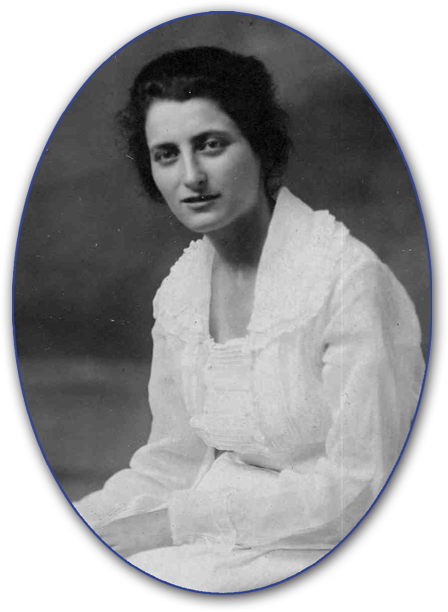
Jennie Greenstein
(Born in 1892, Wilmington, Delaware)
Jennie Greenstein, the first Jewish public school teacher in Delaware, began teaching in Wilmington’s public schools in 1913. As the oldest of seven siblings and the only daughter, she supported and helped raise her siblings after her parents’ death. Miss Greenstein devoted her life to teaching. In the 1940s she received a master’s degree from Clark University. Her brother Ben is featured in the journalism section.
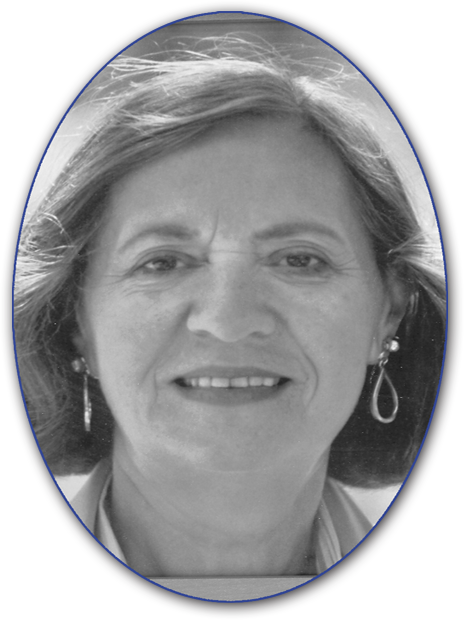
Halina Wind Preston
(Born in 1921, Poland)
Halina Wind Preston, who hid for 14 months in the sewers of Lwow, Poland (now Lviv, Ukraine) in 1943-44, became Delaware’s eloquent spokeswoman for the victims and survivors of the Nazi Holocaust. In 1950 alone, she gave more than 25 speeches throughout the U.S. In 1979, she dedicated Wilmington’s downtown monument to the 6 million murdered Jews. And in 1981, a year before her death, she honored the memory of the Catholic sewer workers who had rescued her when she dedicated the Garden of the Righteous Gentiles in front of Wilmington’s Jewish Community Center, the first monument in the U.S. to Christians who saved the lives of Jews. The Halina Wind Preston Holocaust Education Committee is named in her honor.
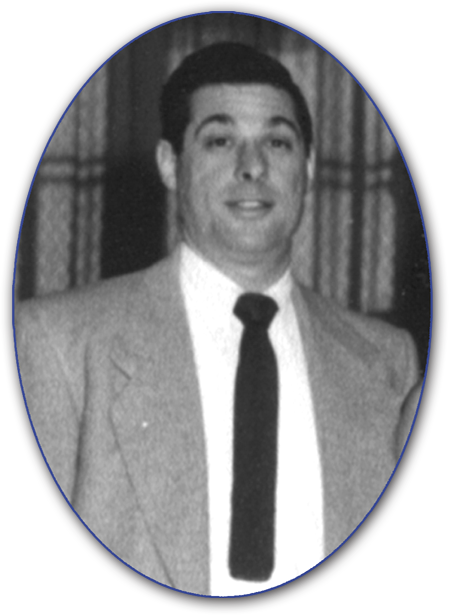
Lou Schendowich
(Born in 1922, Pennsylvania)
Lou Schendowich, former president of New Castle County’s Football Official’s Association, worked for the Wilmington Public School system for 33 years. He taught mathmatics at Warner Junior High and later was supervisor of transportation. Schendowich coached the 1989 championship golf team from Mount Pleasant High School.
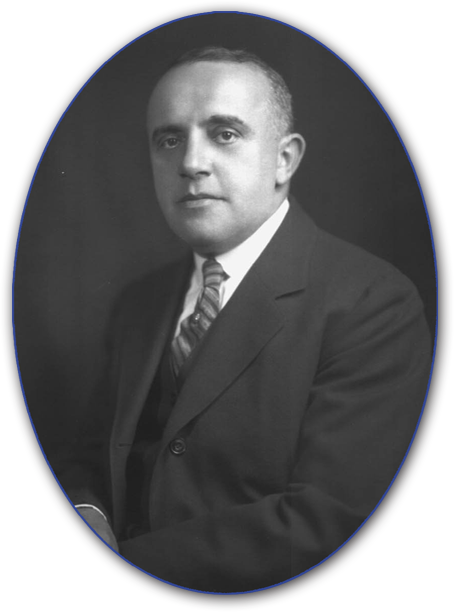
Ernest Simon
(Born in 1885, South Carolina)
Ernest Simon wanted all children to have the best possible education. He served as president and member of the Seaford School Board for several terms and as a member of the State Board of Education. In 1931 he served as vice chair of the state board. When Seaford High School burned down, Simon influenced his friend P.S. du Pont to fund a new school, which is still used today. Simon was the secretary/treasurer of the Greenabaum Canning Company.
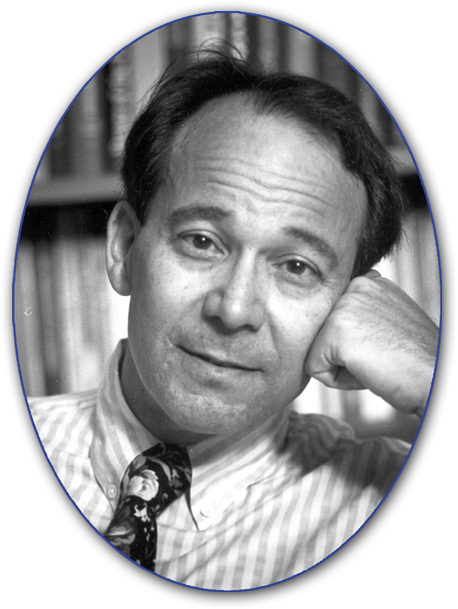
Richard Lawrence Venezky
(Born in 1938, Pennsylvania)
Dr. Richard Venezky, an authority on literacy, spelling, and educational technology, helped to pioneer the use of computers to aid in education. He was Unidel Professor of Educational Studies and Information Sciences, and of Linguistics at the University of Delaware for 26 years. He was the national research director of the U.S. Secretary of Education’s Initiative on Reading and Writing and director of computing for the Dictionary of Old English.
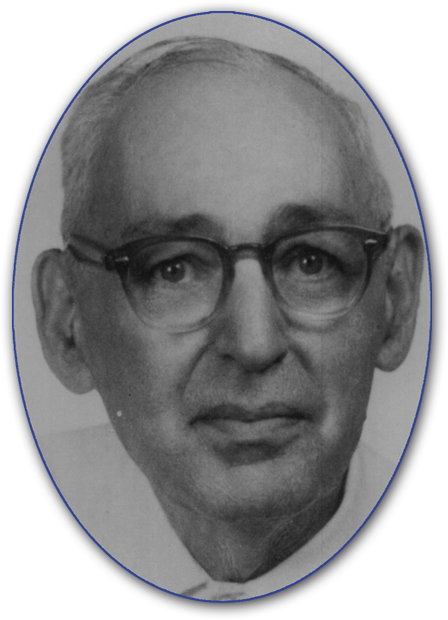
Fred Brown
(Born ca. 1905, Wilmington, Delaware)
A volunteer fireman, Fred Brown became president of the American Association of Volunteer Fireman in 1963. Brown was elected to Wilmington City Council from the First Ward in 1933 and was reelected continually for about 20 years. He was also elected to the state House of Representatives in 1938, 1946, and 1966. He served as sergeant of arms of the House of Representatives in the 1970s.

Joseph B. Green
(Born in 1897, Philadelphia, Pennsylvania)
Elected in 1928, Joseph B. Green was the first Jew to serve in the Delaware state Senate. Green was known as the father of legalized boxing because he sponsored a bill to legalize the sport in 1929. A photographer by trade, Green was elected to Wilmington City Council from the Third Ward eight times, serving from 1925 to 1943.
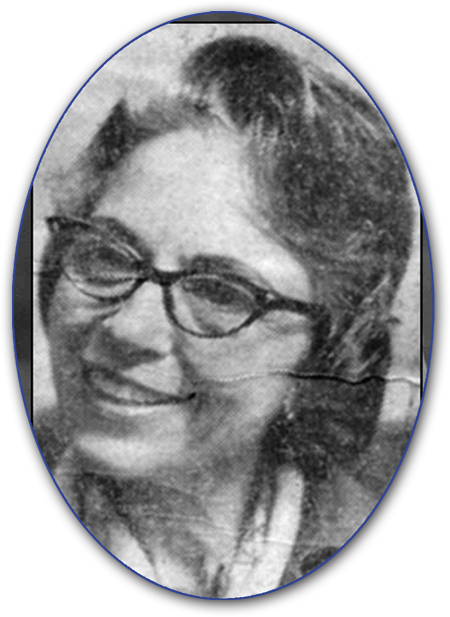
Norma Handloff
In 1966, Norma Handloff was elected the first female mayor of Newark. A decade earlier, she chaired a committee that laid the groundwork for a statewide League of Women Voters. Handloff was elected its first president. In the early 1960s, as president of League of Women Voters, she campaigned for the formation of the Delaware River Basin Commission.
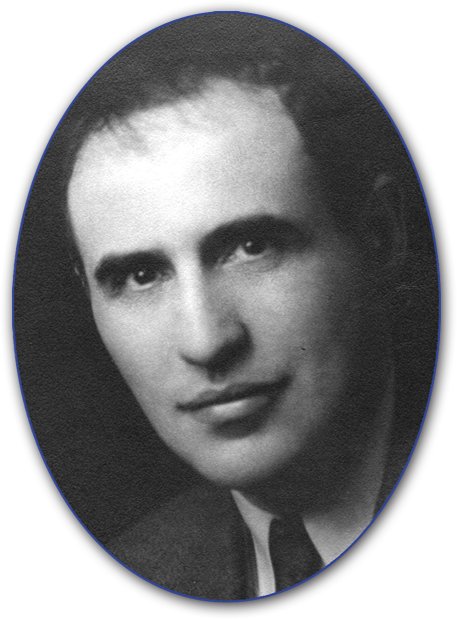
Morris Simon
(Born in 1892, Romania)
Morris Simon became the first Jew to serve in Delaware’s House of Representatives when he was elected in 1933 to represent Dover. He served as minority floor leader during his first term and as majority floor leader during his second term. Simon owned Simon’s Department Store in Dover.
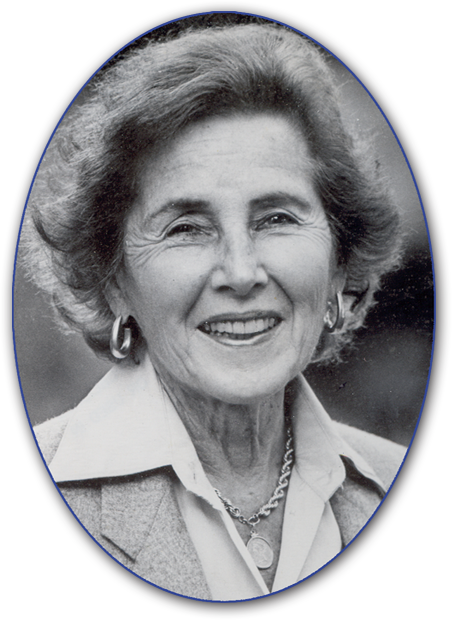
Roxana Arsht
(Born in 1915, Wilmington, Delaware)
Roxana Cannon Arsht became the first female judge in Delaware in 1971 and continued as the only female judge until her retirement in 1983. She was inducted into the Hall of Fame of Delaware Women in 1986. When she became a member of the Delaware bar in 1941, Arsht was the fifth female attorney. Throughout the 1960s, she served as a full-time master in Family Court without pay. She and her husband are featured in the philanthropy section.
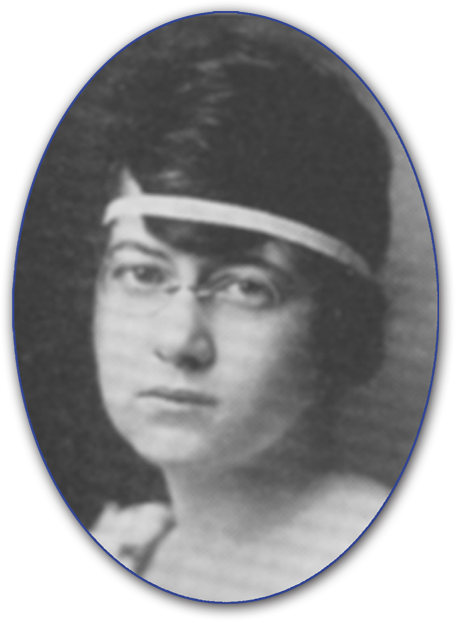
Evangelyn Barsky
(Born in 1894, Wilmington, Delaware)
Evangelyn Barsky was one of the first two women admitted to the Delaware bar in 1923. An active Republican, she was appointed assistant city solicitor in charge of delinquent taxes in 1935. Barsky was active in the League of Women Voters, the American Association of University Women, and numerous civic causes. She was killed in an automobile accident in 1936. Evangelyn was the sister of Dr. Joseph Barsky, featured in the medical section.
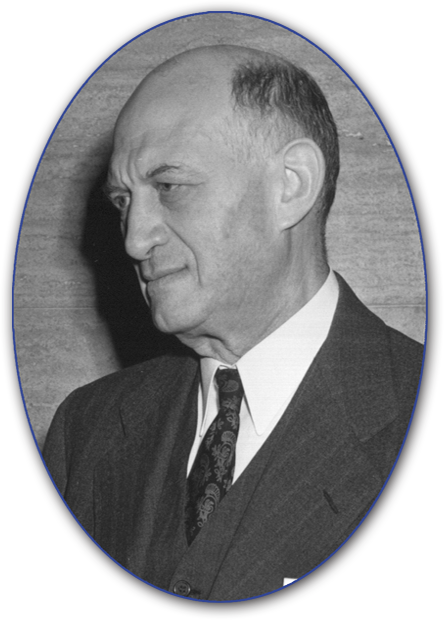
Aaron Finger
(Born in 1890, Wilmington, Delaware)
Aaron Finger became the first Jewish lawyer in Delaware. In 1912, before law school degrees were required for the practice of law, Finger was admitted to the bar after studying at the law office of Robert H. Richards, Sr., for four years. Finger served as deputy judge of Municipal Court before volunteering to enter World War I. He built a solid practice in corporate law and achieved a national reputation.
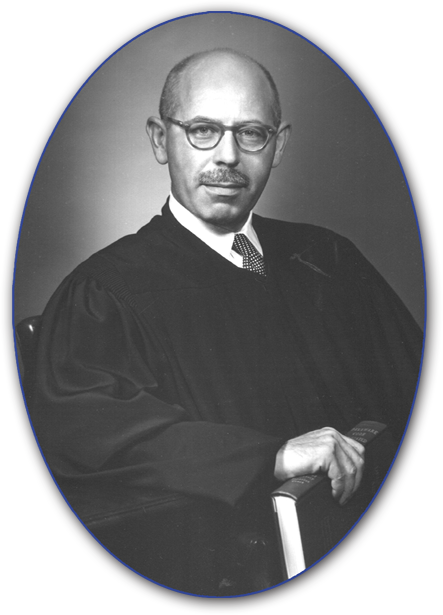
Justice Daniel Herrmann
(Born in 1913, Wilmington, Delaware)
Daniel Herrmann was named Chief Justice of the Delaware Supreme Court in 1973. He became nationally renowned for modernizing the court system. His reforms included long-range planning for the courts, prompt disposition of cases, and using interest on lawyers’ trust accounts to provide legal service to the poor. He served as president of the Jewish Federation of Delaware, the Jewish community’s central fund-raising and planning organization, from 1956 to 1958 and as vice president of the board of trustees of the University of Delaware, from 1963 to 1975. Justice Herrmann received the Delaware State Chamber of Commerce’s Josiah Marvel Cup for outstanding service in 1981 and the Delaware Bar Assocation’s first State Distinguished Service Award in 1983.
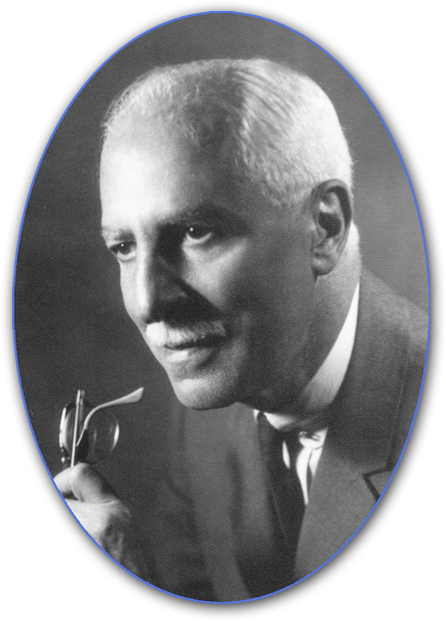
H. Albert Young
(Born in 1904, Russia)
H. Albert Young, the first Delaware Jew to be elected to statewide office, was attorney general from 1950 to 1954. In that capacity he argued the Brown vs. Board of Education case, on behalf of Delaware, before the United States Supreme Court. After the decision, Young immediately attempted to implement the court’s decision, becoming the country’s first attorney general to do so. He was the founding partner of the law firm Young, Conaway, Stargatt & Taylor.
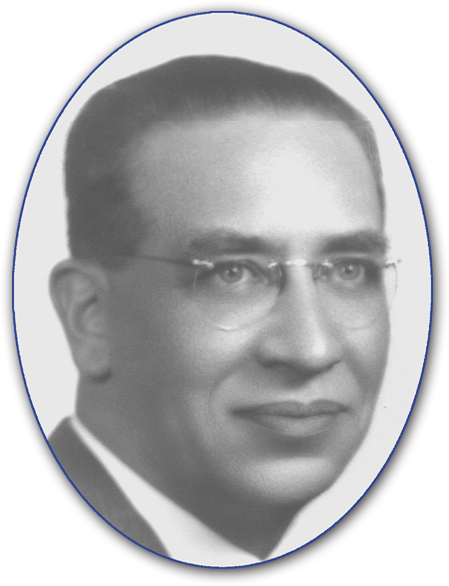
Joseph Barsky
(Born in 1892, Wilmington, Delaware)
In 1914, Joseph Barsky became the first Jew born in Delaware to become a doctor. In addition to running a successful private practice, Barsky became chief of staff at the Wilmington General Hospital. He was the first president of the Jewish Federation of Delaware, the Jewish community’s central fund-raising and planning organization. Barsky was promoted to the rank of brigadier general for his exemplary service in both World Wars. He was the brother of Evangelyn Barsky, featured in the legal section.
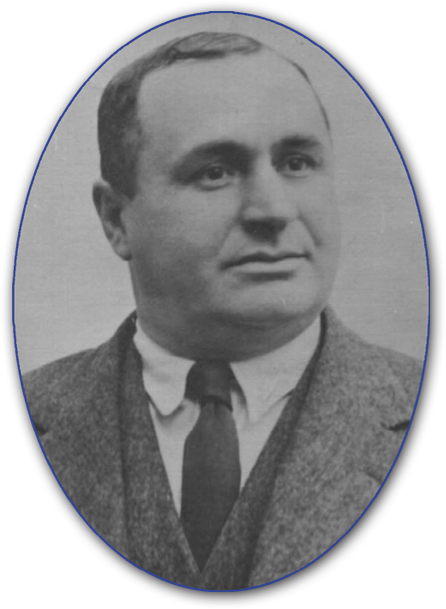
Harry Berman
(Born in 1882, Baltimore, Maryland)
Dr. Harry H. Berman opened an office in Dover as an eyesight specialist after graduating from the Philadelphia College of Optometry in the early 1900s. He “rode the circuit” to serve customers in Selbyville, Millsboro, Georgetown, and Lewes. Berman would measure the clients, go back to Dover to get the correct glasses and lenses, which in those days were already made, and return with them.
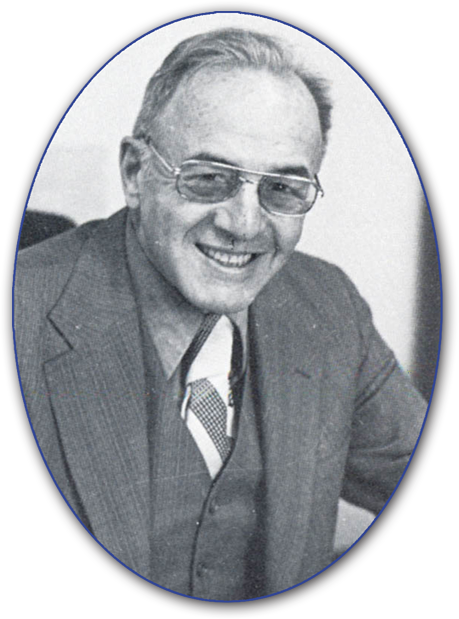
Norman Cannon
(Born in 1913, Wilmington, Delaware)
Urologist Norman Cannon’s suggestion that the Wilmington Hospital, the Delaware Hospital, and the Memorial Hospital merge into one excellent facility became a reality in 1965 when the Wilmington Medical Center was formed. Cannon became vice president for medical affairs of Wilmington General in 1968. After his retirement, Cannon published The History of a Hospital Merger. During his career, he served as president of the Delaware Academy of Medicine and the New Castle County Medical Society. He was an avid painter.
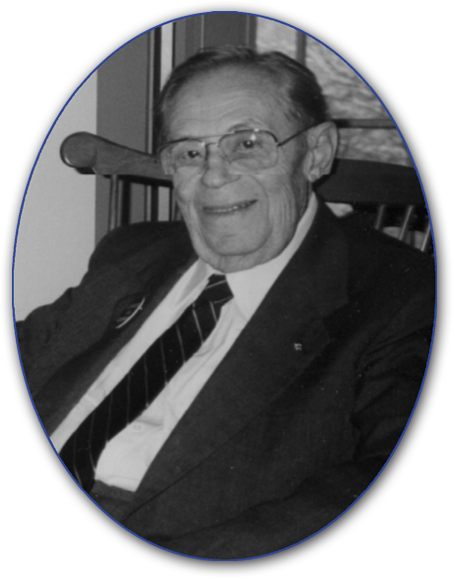
Louis Levinson
(Born in 1896, Pennsylvania)
Dr. Louis Levinson was the only veterinarian in the area when he came to Middletown in 1918. He helped farmers from the surrounding area and Maryland. Levinson became president of the Delaware Veterinary Medical Association and a member of the Delaware State Board of Veterinary Medical Examiners. Levinson was also elected mayor of Middletown for several terms, serving from 1931 to 1943.
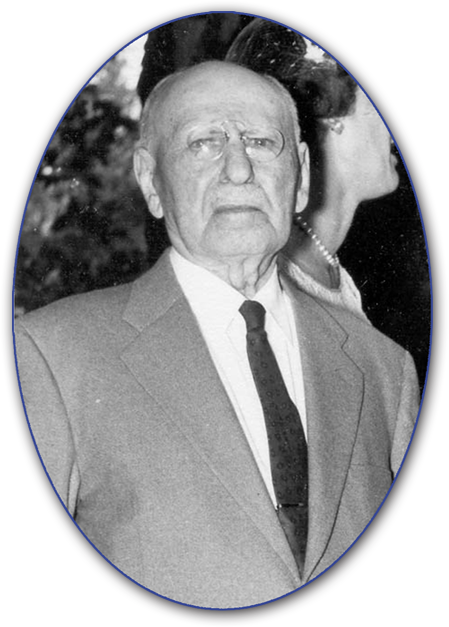
Michael Ostro
(Born in 1868, Russia)
Dr. Michael Ostro was a doctor and pharmacist in Wilmington from the 1890s until 1961. He came to Wilmington around 1891 as a graduate of the School of Pharmacy at the University of Kiev. After working as a pharmacist, he attended the Johns Hopkins Medical School. Shortly before his death, he was thought to be the “oldest practicing doctor in the US.” His wife Sophie was also a doctor.
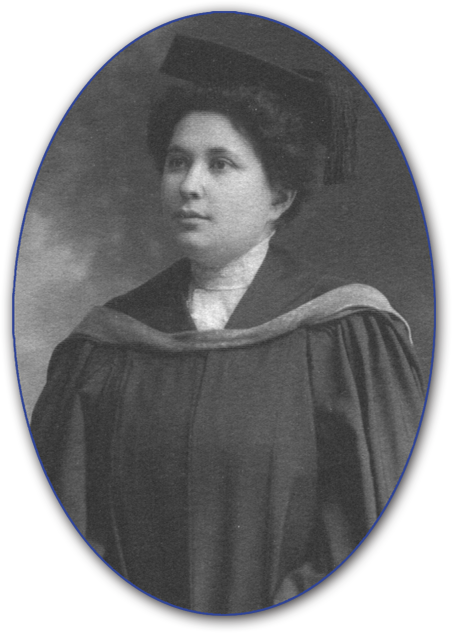
Sophie Ostro
(Born ca. 1886; Ukraine, Russia)
Dr. Sophie Ostro became the first female Jewish doctor in Delaware after she graduated from the Women’s Medical College of Pennsylvania in 1911. She opened an office at Fourth and Washington streets. Many people were reluctant to use a female doctor, so she closed her practice and worked in Philadelphia, where she led a program to train midwives. Dr. Sophie Ostro was married to Dr. Michael Ostro.
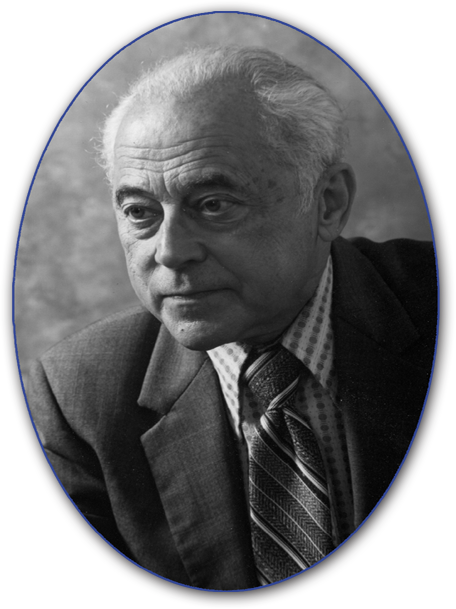
Otakar Pollack
(Born in 1906, Czechoslovakia)
Pathologist Dr. Otaker Pollack was internationally known for his research on arteriosclerosis and the link between tobacco and heart disease. He fled Brno, Czechoslovakia, in February 1939, a month before Hitler established his headquarters in that city. Pollack’s first position in Delaware was as chief of pathology at Wilmington General Hospital. After moving to Dover, he served as chief of pathology at Kent General Hospital and also cared for patients at Stockley, Beebe, Milford, and Dover Air Force Base. Pollack was a founder of the Blood Bank of Delaware and of the medical technology program at the Georgetown campus of Delaware Technical and Community College.
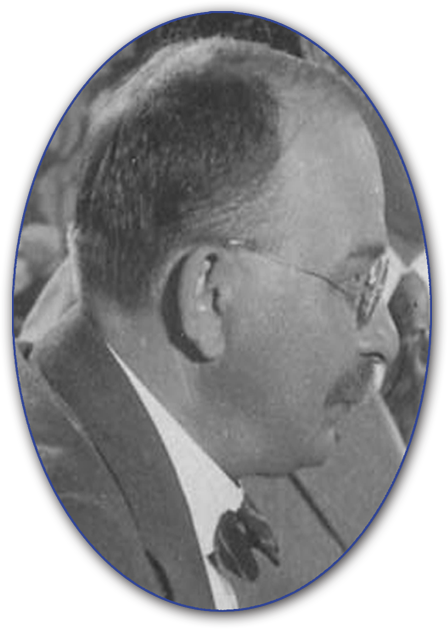
Albert Robin
(Born in 1874, Ukraine, Russia)
As state pathologist from 1899 to 1903 and as Wilmington’s bacteriologist from 1903 to 1906, Dr. Robin advocated the filtration of water. He led the fight against tuberculosis, serving as director of the tuberculosis sanitorium from 1910 to1920 and as executive secretary of the Delaware State Tuberculosis Commission from 1920 to 1922. He wrote extensively about the disease. Dr. Robin was a major advocate of the new Wilmington General Hospital, which replaced the old Physicians and Surgeons Hospital.
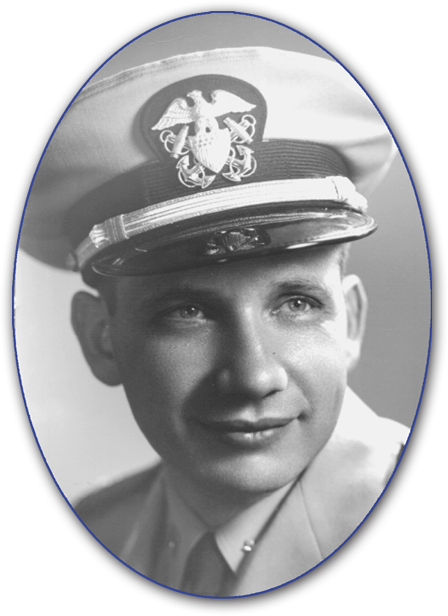
Herman Rosenblum
(Born in 1919, Tennessee)
Dr. Herman Rosenblum was head of the Department of Pediatrics at Wilmington Medical Center for 24 years. Rosenblum was instrumental in opening the Center’s Infant Intensive Care Unit. He pioneered the idea of child and adolescent centers for young people with psychiatric, behavioral, and developmental problems. Rosenblum wrote numerous articles for scientific magazines. He was a professor of pediatrics at Jefferson Medical School and a clinical microbiologist at Alfred I. du Pont Institute.
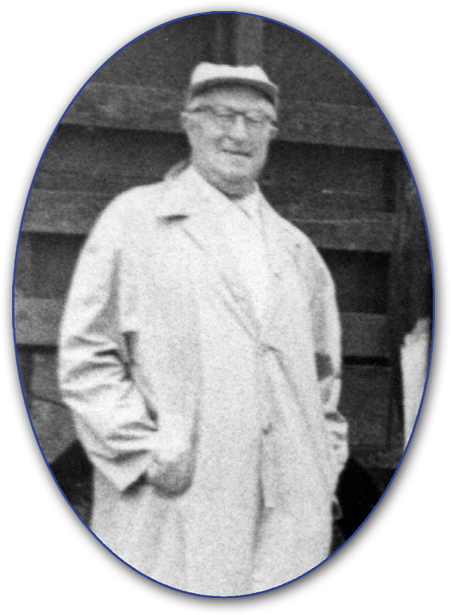
Morris Zurkow
(Born in 1887, White Russia, Belarus Russia)
Morris Zurkow was one of only four veterinarians in Delaware when he settled on a farm near Dover in 1924. He covered Kent and Sussex counties and was on call seven days a week. As a young immigrant, Morris Zurkow had attended Baron de Hirsch’s agricultural trade school in Woodbine, New Jersey. He worked for the U.S. Department of Agriculture after graduating from veterinary school. Zurkow was one of the first veterinarians to work with artificial insemination of dairy cows. In 1962, he was honored by Delaware Veterinary Medical Association.
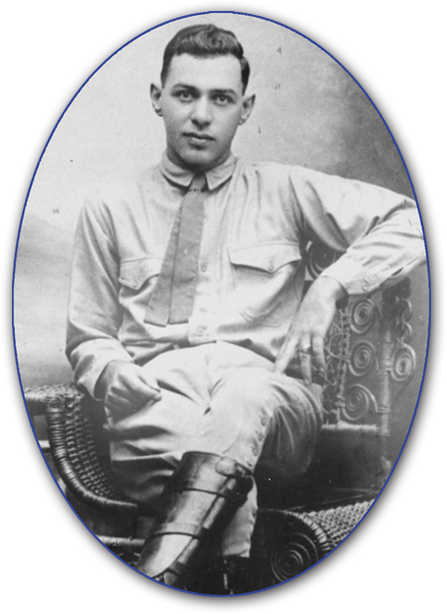
Rupert Mandell Burstan
(Born in 1894, Middletown, Delaware)
Rupert Burstan was the first Jew from Delaware to graduate from the U.S. Naval Academy. After graduating in 1915, Burston served in the Marine Corps. He was sent to Haiti, where he was promoted to the rank of captain. Later, Burstan was in charge of 1,100 men stationed in Quantico, Virginia. In 1918 he sailed to France, where he died in the flu epidemic.
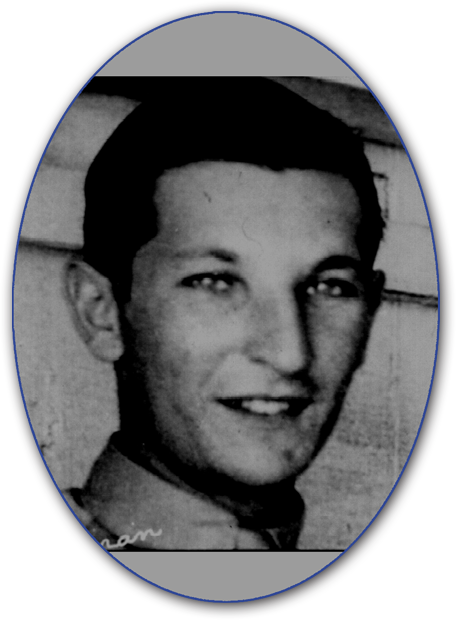
Harry Fineman
(Born in 1917, Wilmington, Delaware)
Harry Fineman was the first Delaware soldier to die in action in World War II. Fineman was 24 years old when he was killed at the Battle of Corregidor. He enlisted as a private, but quickly rose through the ranks, becoming a sergeant about 9 months before his death and receiving the Silver Star for gallantry only 2 days before his death. The Jewish War Veterans established Harry Fineman Post No. 525 in his memory.
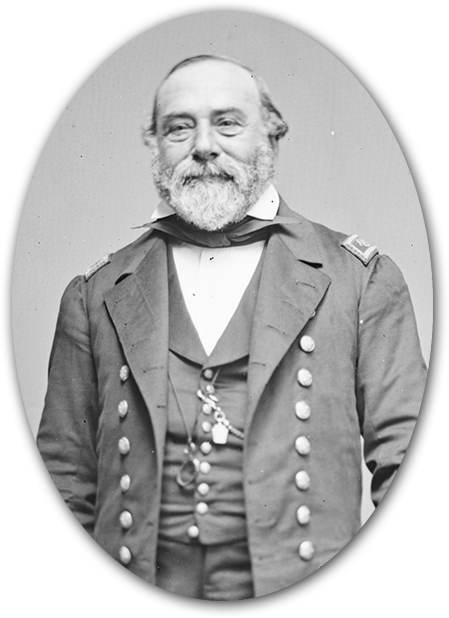
Henry B. Nones
Captain Henry B. Nones was a revenue naval officer who commanded a cutter based in Wilmington. He was cited for bravery during the Mexican War and also served in the Civil War. His father, Benjamin Nones, fought in the Revolutionary War. Nones married a non-Jewish woman, and is buried in a Christian cemetery.
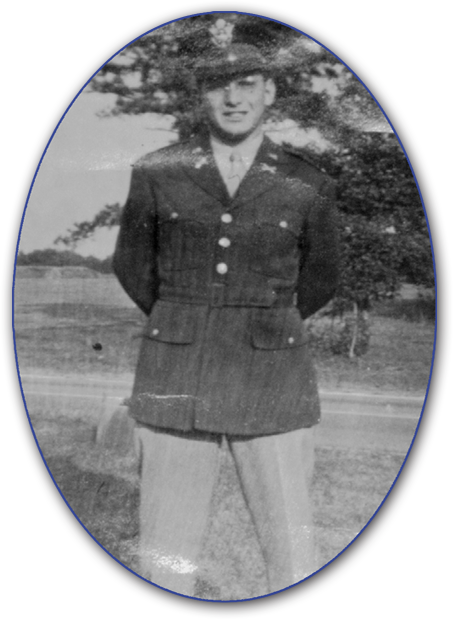
Julius Reiver
(Born in 1916, Wilmington, Delaware)
In World War II, Jules Reiver commanded the first anti-aircraft battery to land on Omaha Beach in the Normady invasion, for which he won a Certificate of Merit. His battery turned back the Germans at the Battle of the Bulge, for which he earned a Bronze Star and was promoted to major. Reiver became president of Hyman Reiver & Co., floor covering. He was the vice president of the National Floor Covering Association in 1976.
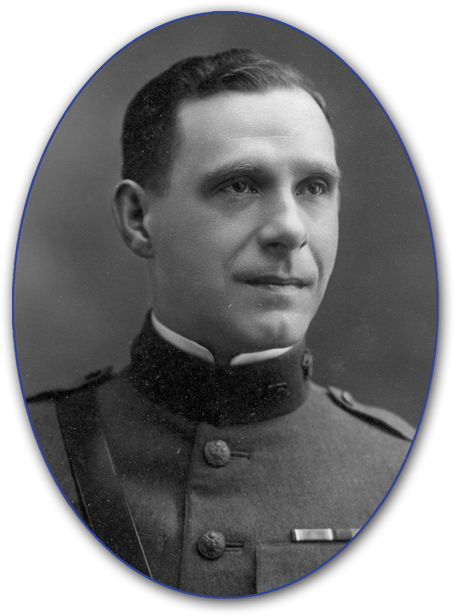
Max Wainer
(Born in 1885, Russia)
Colonel Max Wainer received the French Legion of Honor, the Distinguished Service Medal, and the Purple Heart for his service in World War I. After the war, Colonel Wainer helped set up the Veterans Administration. During World War II, he was director of the Quartermaster School at Camp Lee. Wainer was vice chairman of the National Jewish Welfare Board. He grew up in Delaware City and joined the Army Coastal Artillery in 1904. He served in the Cuban Pacification in 1908, in the Verzcruz campaign on the Texas-Mexico border in 1914, and in Europe in World War I.
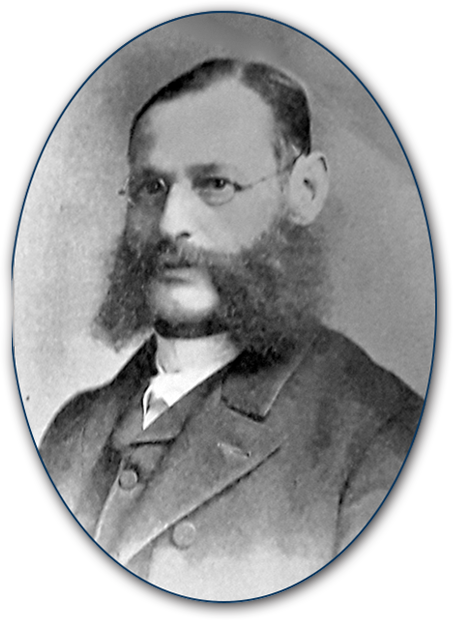
Moses Weil
(Born in 1837, Hesse Castle, Germany)
Moses Weil served in the Ohio Cavalry during the Civil War and experienced Sherman’s march from Atlanta to the sea. “Squire” Weil came to Wilmington as an optician in the late 1800s. In 1901, Governor Hunn appointed him a magistrate. Weil was the first Jewish person to hold such an office. Weil served as Delaware State Commander of the Grand Army of the Republic, an organization of Civil War Veterans. Until his mid-nineties, he was one of the state’s most active G.A.R. members.
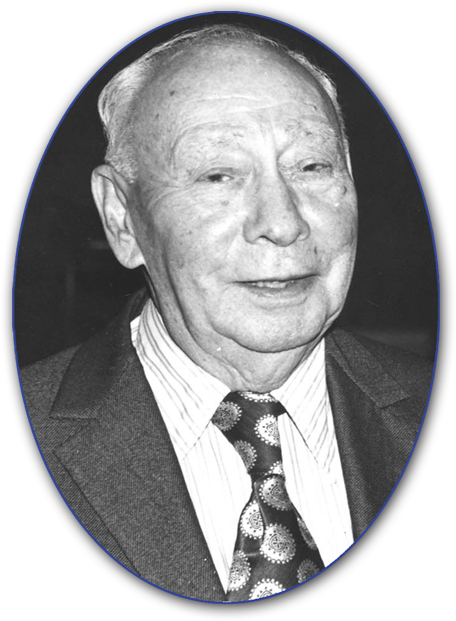
Benjamin Ableman
(Born ca. 1890, Millsboro, Delaware)
Benjamin Ableman was an outspoken crusader for the preservation of Delaware’s beaches when he served on the State Highway Commission in the 1950s. Ableman began his public career as director of Delaware’s office of the Works Progress Administration (WPA) in 1937. He fostered innovative arts and theater projects and the preservation of state and local history. In 1944, Ableman was named the director of Delaware’s War Manpower Office and in 1950, Delaware’s director of the U.S. Census.
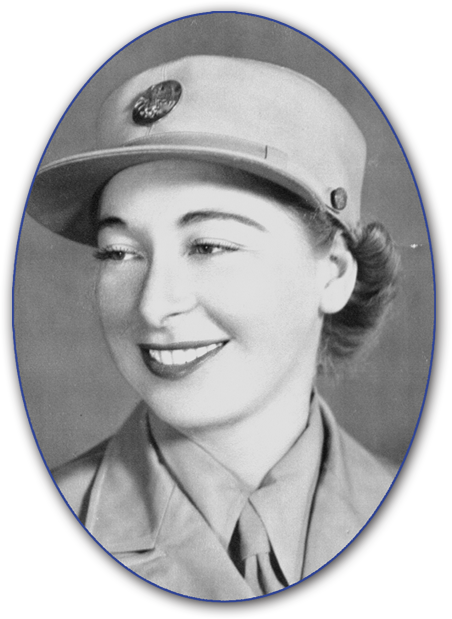
Lillian Fox Cobin
(Born in 1913, New York City, New York)
Lillian Cobin’s volunteer work led to Delaware’s 1971 law on child abuse. As chair of a committee of the American Association of University Women, Cobin led an effort to study neglected and abused children and urged the state to study children’s protective services. The report, “Where Do Children Go,” led to the subsequent Delaware law. Cobin was recognized by the national association of AAUW and directed a film to encourage other states to undertake similar efforts. Cobin was appointed to the State Foster Care Review Board in 1979.
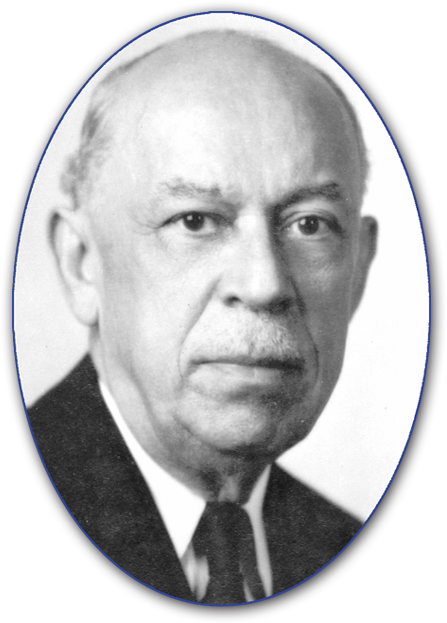
Isaac Bernard Finkelstein
(Born in 1884, New York City, New York)
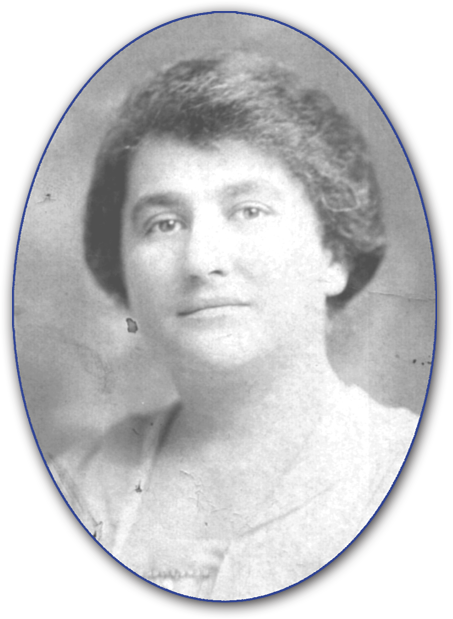
Sallie Topkis Ginns
(Born in 1880, Russia)
Sallie Topkis Ginns, a pioneer in the woman’s suffrage movement, picketed the U.S. Capitol for the right of women to vote. Ginns served as the treasurer of Delaware’s chapter of the National Woman’s Party. She was prominent in the Delaware’s Federation of Women’s Clubs and active in the American Red Cross for 50 years. Ginns also founded Delaware’s chapter of the National Council of Jewish Women.
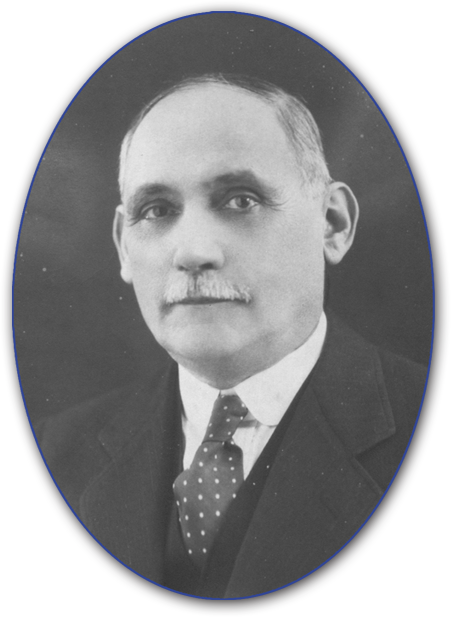
Barnett Gluckman
(Born ca. 1867, Lithuania)
Barnett Gluckman was appointed as a magistrate in small claims court in 1909 and was reappointed continually by every governor until his death in 1934. He is believed to be the first magistrate appointed to seven terms. Gluckman’s integrity and ability to grasp facts were so strong that very few of his decisions were ever reversed. When he first came to Wilmington in the 1880s, Barnett Gluckman was a cigarmaker.